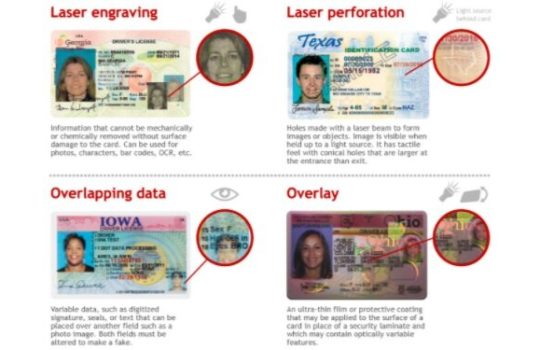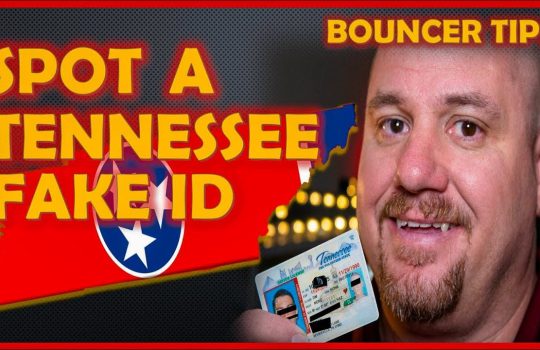Order Texas Fake Id
2023-07-05 2023-07-05 6:40Order Texas Fake Id

Order Texas Fake Id
Senegal Fake Id Card Scannable
Estonia Fake Passport
Virginia Fake Id Scannable
Title: Exploring the Growing Popularity and Controversy Surrounding Fake IDs in Texas
Introduction:
In an era of increasing digital interconnectedness, the demand for fake identification cards is on the rise. With young adults seeking access to age-restricted venues or trying to bypass strict alcohol purchase laws, obtaining a fake ID has become a popular choice. This article dives into the phenomenon of fake IDs in the state of Texas, shedding light on their prevalence, the reasons behind their usage, associated risks, and the ongoing debate surrounding their legality.
1. The Prevalence of Fake IDs in Texas:
Texas, being home to numerous colleges, universities, and a vibrant nightlife scene, serves as a fertile ground for the circulation of fake IDs. Students and young adults, with a desire to experience the social scene or gain access to establishments serving alcohol, often turn to obtaining a fake ID. The increased demand for these counterfeit documents has resulted in a thriving underground market, making them more accessible than ever before.
2. Reasons Driving the Use of Fake IDs:
a) Age-restricted Venues and Activities: One of the primary motives behind acquiring a fake ID is gaining entry to venues strictly enforcing age limits, such as bars, nightclubs, or music concerts. Students and young adults seek to partake in activities typically reserved for individuals of legal drinking age.
b) Bypassing Alcohol Purchase Laws: Another driving factor is the desire to obtain alcohol before reaching the legal age. With strict laws prohibiting alcohol sales to individuals under 21, fake IDs offer a means to evade these restrictions.
c) Convenience and Status: Some individuals procure fake IDs merely for the sake of convenience and social status. Owning an ID that suggests an older age can make it easier to purchase items like cigarettes, e-cigarettes, lottery tickets, or enter venues that have an age requirement.
3. Risks Associated with Fake IDs:
Acquiring and using a fake ID pose considerable risks to individuals, both legally and personally:
a) Legal Consequences: The creation, possession, or use of a fake ID is illegal in most jurisdictions, including Texas. If caught, individuals can face legal penalties such as fines, probation, community service, or even imprisonment. Furthermore, it can lead to a criminal record, which can significantly impact future educational and employment opportunities.
b) Financial Exploitation: Obtaining a fake ID comes at a cost, with sellers often charging high prices. Scammers may also take advantage of desperate individuals by offering counterfeit documents that are shoddy or easily detectable, resulting in wasted money and compromised personal information.
c) Identity Theft: In the process of obtaining a fake ID, individuals may be required to provide sensitive personal information, making them susceptible to identity theft. Fraudsters can exploit this information for financial gain, causing significant harm to the individual’s creditworthiness and reputation.
d) Emotional and Psychological Impacts: Engaging in fraudulent activities can take a toll on an individual’s emotional well-being. Constant fear of getting caught, anxiety, guilt, and the pressure to maintain a facade can lead to increased stress levels and strained relationships.
4. Legal Perspective and Ethical Debate:
From a legal standpoint, using or possessing a fake ID constitutes identity theft and docum-ent fraud. Texas law explicitly prohibits the creation, distribution, and employment of counterfeit identification cards. Penalties vary depending on the specific offense and can range from misdemeanor charges to felony-level crimes, involving substantial legal consequences.
The ethical debate surrounding the usage of fake IDs remains contentious. Advocates argue that strict age restrictions can lead to feelings of exclusion or hinder social experiences for young adults. They argue that responsible drinking education and lowered drinking ages could potentially alleviate the demand for counterfeit identification altogether. On the other hand, opponents emphasize the need to uphold the law, protect public safety, and prevent underage drinking-related incidents.
Conclusion:
The prevalence of fake IDs in Texas is a reflection of the demand for experiences restricted by age barriers. Young adults seeking access to age-restricted venues and activities, particularly involving the consumption of alcohol, are driving the increasing popularity of counterfeit identification cards. However, the risks associated with using fake IDs, ranging from legal consequences to potential identity theft, warrant caution and consideration.
While the ethical debate surrounding fake IDs continues, it is essential for individuals to understand the potential consequences and evaluate the ethical implications of engaging in such activities. Education, dialogue, and responsible decision-making regarding alcohol consumption can, in the long run, help address the underlying motivations behind the demand for fake IDs in Texas.

















